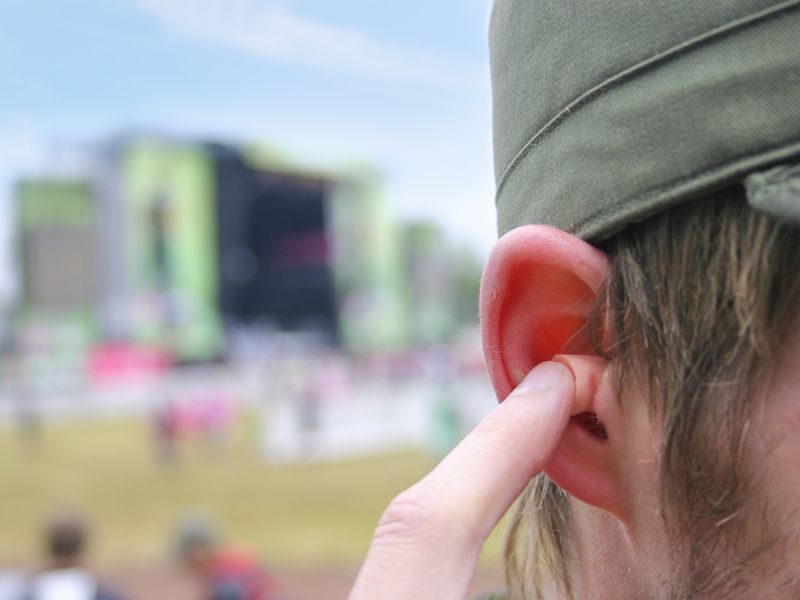
If you’re exposed to loud noises, say using a lawnmower in your backyard, going to a venue to see your favorite band play, or simply sleeping at home next to a snoring spouse, earplugs can be helpful. Bringing down the sound level is the way earplugs help in the first two instances. In the last situation, they decrease the decibels and help save your sanity (and maybe your relationships) by enabling you to get a good night’s sleep. But is your hearing being damaged by these protectors?
What’s The Purpose of Wearing Earplugs?
It’s a fairly simple argument for using earplugs: When used properly, earplugs can minimize your exposure to excessive sound levels and thereby shield your ears. Maybe you’ve noticed that your hearing seems different after you leave a loud venue, for instance, a football game with a noisy crowd, and you may also experience symptoms of tinnitus. This happens because those extremely loud noises actually bend the little hair cells in your inner ear. In a day or two, when the hairs have recovered, it often goes away.
But if you’re exposed to excessive decibels regularly, say you work on a construction site or at an airport, the aural attack on those tiny hair cells is unrelenting. Rather than recovering after bending, the cells are damaged permanently. Inside each cochlea, there are about 16,000 of these tiny hair cells, but up to 50% of them can be destroyed or at least injured before you would notice the different in a hearing exam.
How Could Earplugs Lead to Injury?
That being said, you’d think that wearing earplugs would be an obvious choice in terms of protecting your hearing. But if your exposed to loud noises on a day to day basis, this seems to be even more obvious (like on the job or with the above mentioned snoring partner), headphones that limit, but don’t totally cancel, sound or over the head earmuffs are a much smarter idea. Earplugs are better suited to one-off scenarios such as a concert or sporting event than for everyday use.
Why? The first problem is, earwax. So that they can protect themselves, your ears generate earwax, and if you’re regularly wearing earplugs, they will create more of it, and the earplugs will push it in further. Tinnitus and other complications can be the result of impacted earwax.
Ear infections can be another issue for those who use earplugs. If you repeatedly use the same pair, and you fail to clean them properly from use to use, they can become bacteria traps. At the very least, ear infections are a disturbance to your life. If left untreated, in the worst situations, they can cause an ear infection.
How Can You Safely Use Earplugs?
Whether it’s a good night sleep or protecting your hearing, there’s still a formidable benefit to wearing earplugs. You just need to be certain you’re using the right kind and utilizing them in the proper way. Foam earplugs are the least expensive, which is good because you really should not reuse them, the soft, porous material is a germ’s haven. Silicone or wax earplugs are reusable, but you need to keep them clean, use warm water and mild soap to wash them, and don’t put them back in your ears until they’re completely dry. It’s also a good idea to keep earplugs in a well ventilated place to discourage humidity, or worse, bacteria or mold, from building up.
You might want to get in touch with us concerning custom fit earplugs if you want or need them on a regular basis. They’re comfortable because they are crafted from molds of your ears and they’re reusable. Again though, to avoid any potential hearing problems, it’s crucial to practice good earplug hygiene!
